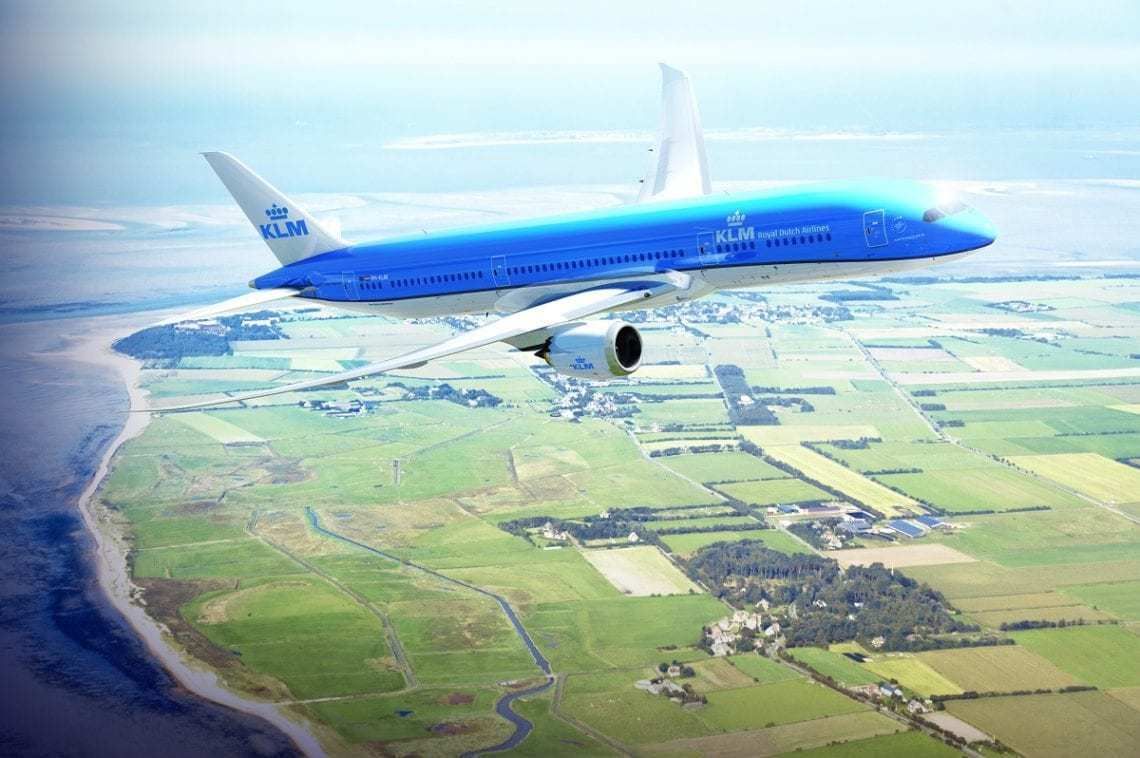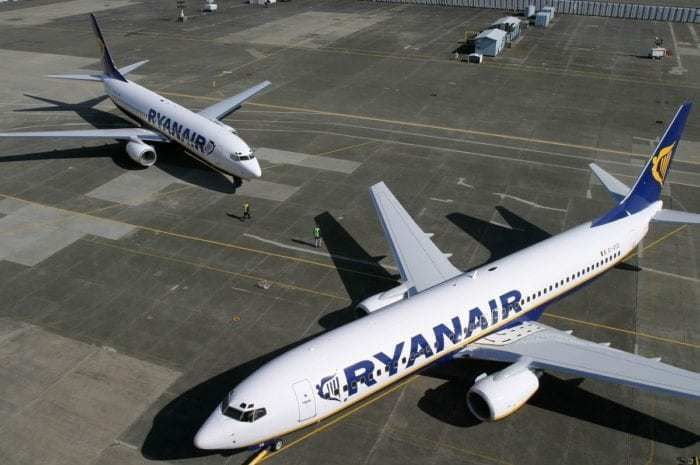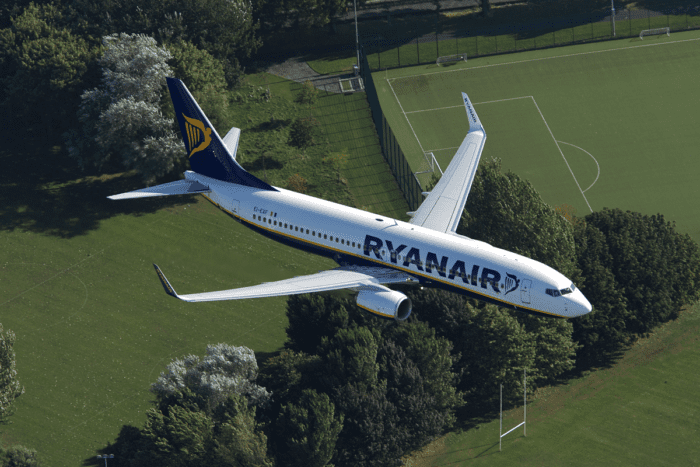Ryanair has condemned a new aviation tax proposed by the Dutch Government to push ‘green’ tax initiatives as nothing more than ‘state aid’.
The Government of the Netherlands published the draft bill on Tuesday 14th May. The proposal includes the introduction of an aviation tax of €7 for all passengers departing the country. In an official announcement it stated that the tax is designed to ‘make the aviation section greener and more sustainable.’
The Government has talked about the necessity of the surcharge since 2018. It hopes the tax will be made law in 2021.
But low cost carrier Ryanair has hit out against the new bill. The airline claims the Dutch aviation tax is unfairly biased towards national carrier KLM. They've also said that the proposal represents an attempt to generate a state subsidy for the airline.
In a press release Ryanair’s Chief Marketing Officer Kenny Jacobs claimed that the Dutch tax had 'nothing to do with the environment'.
Ryanair backlash
The Irish carrier is incensed with the provision in the draft law that would exempt children and transit passengers from paying tax. The airline says the law is ‘clearly designed as further state aid’ for KLM.
The country’s flag carrier uses Amsterdam’s Schiphol airport as its base.
Claiming to be Europe’s ‘greenest, cleanest’ airline, Ryanair says the new tax would reward companies operating environmentally unsound connecting flights. But companies offering direct flights, which are more fuel efficient and environmentally less damaging, would be penalized.
‘If the Dutch Government are serious about the environment then it should apply environmental taxes to the biggest polluter which is those passengers taking two connecting flights at Schiphol on older aircraft,’ Jacobs said.
Those passengers who connect to other flights at Schiphol should be footing the cost of their environmental footprint, says Ryanair. And those who ‘make no contribution to the Dutch economy’ should be doing likewise.
Ryanair believes the government should instead lower taxes on those airlines flying direct flights on newer types of aircraft in and out of the Netherlands.
Doubt over claims of 'cleanest' airline
Ryanair has prided itself on its status as a clean airline. The low-cost carrier has a strict luggage weight policy and its flights are almost always fully occupied. It claims its passengers already pay their due to the environment via ‘ETS fees and excessive Government taxes’.
However, the carrier’s claim of being Europe’s greenest, cleanest airline – central to its argument against the new tax – has recently been put in doubt.
In a report published by the BBC in March of this year, it was easyJet that came top of the league of airlines trying to cut carbon emissions.
Furthermore, according to data released in 2019 by the EU’s Verified Emissions report found the airline is, in fact, one of the top 10 worst polluters. All of the other companies on the list (comprehensively non-aviation) use coal power.
According to the report's findings published in TheJournal.ie, Ryanair emitted 9.9 million tons of carbon dioxide last year. That equates to an increase of 0.7 million tons over the previous year.
Ryanair defended its record following the most recent findings. A spokesman for the airline told TheJournal.ie, ‘passengers travelling on Ryanair have the lowest CO2 emissions per km travelled than any other airline.’
The Dutch government says it would withdraw aviation tax if the EU was to levy a continent-wide tax on aviation. The EU is reluctant to do this, however, since it believes that such an imposition would reduce the annual number of EU travellers by 613 million.



